In order to deepen the management of graduate education and promote the benign development of mentoring relationship, on the afternoon of April 17, the School of Marine Science and Engineering held a symposium on Building a Good Mentoring Relationship in Activity Room 108, a one-stop community for students from 24 to 26. More than 15 people, including Wang Weiyi, Secretary of the Party Committee of the College, Dong Chaoqun, Deputy Secretary of the Party Committee, Fan Runhua, Director of the Academic Committee, He Haibo, Secretary of the Youth League Committee, as well as representatives of graduate tutors, full-time counselors and student representatives, attended the meeting to discuss the optimization path and practice of the mentoring relationship.
At the beginning of the meeting, Xu Jie, the representative of the counselor, systematically analyzed the ideological dynamics and behavioral characteristics of the current graduate students based on the research data and typical cases. She pointed out that at present, the utilitarian tendency of scientific research is obvious, and some students simply use scientific research results as bargaining chips for further studies or job hunting; The phenomenon of psychological smile depression cannot be ignored, students are sunny and cheerful on the surface, but in fact they are under great pressure inside; The situation of riding a donkey to find a horse is common, and many students are tired between internship and study, so they need to pay close attention to the mental health and growth needs of students.
In the mentor sharing session, Professor Fan Runhua, director of the Academic Committee, talked about his teaching experience since he was 30 years old, and believed that the mentoring relationship needs two-way interaction. He emphasized that supervisors should not demand a single standard for all students, but should formulate differentiated training programs according to students' personalities, abilities and interests, and find a balance between scientific research requirements and students' personalized development.
With trust and tolerance as the core, Mr. Chao pointed out that teachers and students are a community of mutual achievement, and in the actual teaching, Mr. Chao communicates with students regularly and sets phased goals to achieve common growth with students. Mr. Yin recalled his graduate school experience and actively advocated the concept of teacher-student community. In addition to giving students guidance in scientific research, they will also pay attention to students' interest topics, such as games, life, etc., so as to establish a good emotional relationship with students. Mr. Song emphasized that there is no fixed template for the mentoring relationship, and the focus is to cultivate students' ability to resist frustration and independent thinking, so that students can continue to break through themselves in academic exploration.
In his speech, the graduate student representative frankly confided in the communication dilemma between himself and his supervisor. First-year graduate students generally have a fear of teachers, and they are often nervous and restrained when facing their supervisors, and they dare not take the initiative to communicate. After comparing the teaching styles of the two supervisors, some student representatives believed that an inclusive academic atmosphere can stimulate enthusiasm for scientific research more. ”
Wang Weiyi, Secretary of the Party Committee of the college, made a concluding speech and put forward three requirements: first, to clarify the relationship positioning, the mentoring relationship is an equal dual-protagonist relationship, which needs to be based on morality, the tutor should set an example with the teacher's morality, and the students should practice with morality, and cherish the growth platform together. The second is to strengthen the whole process of training, and the tutor should be like the eldest brother and eldest sister, pay attention to the dual improvement of academic ability and problem thinking, and achieve great relationships in the ordinary. The third is to improve the management mechanism, build a benchmarking mentoring system, advocate the spirit of contract, and protect the rights and interests of teachers and students through standardized processes (such as regular communication templates, conflict mediation mechanisms, etc.).
The symposium was successfully concluded in the frank and sincere dialogue between teachers and students, and the college will further carry out a series of activities such as teacher-student interaction salons in the future, so as to continue to promote the mentoring relationship from the traditional one-way output model to a new realm of two-way empowerment, and help the mentoring community continue to break through the circle and grow.
Written by: Sun Hanfen
Source: College of Ocean Science and Engineering
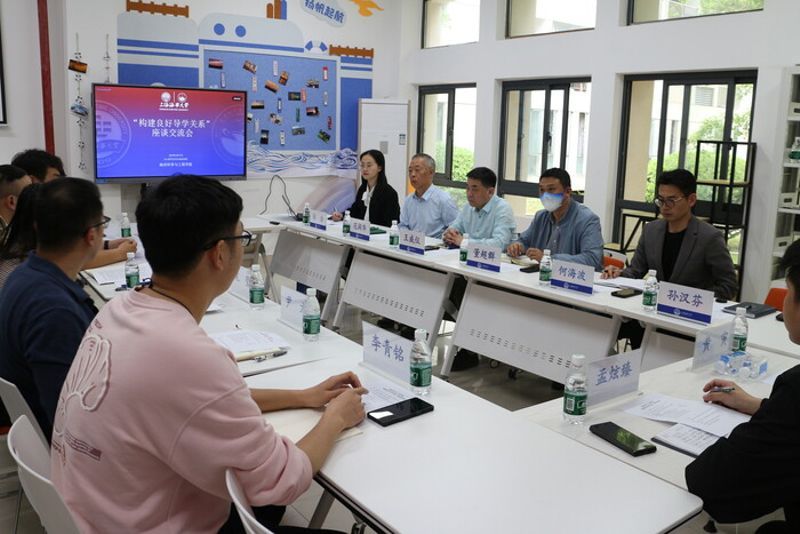
Figure 1 Opening of the meeting
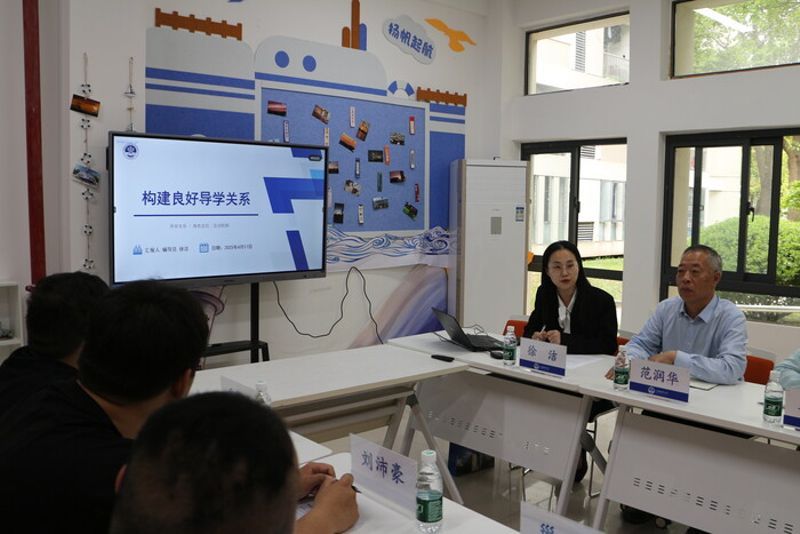
Figure 2 Ms. Xu Jie analyzes the characteristics and needs of students' thoughts and behaviors based on case studies
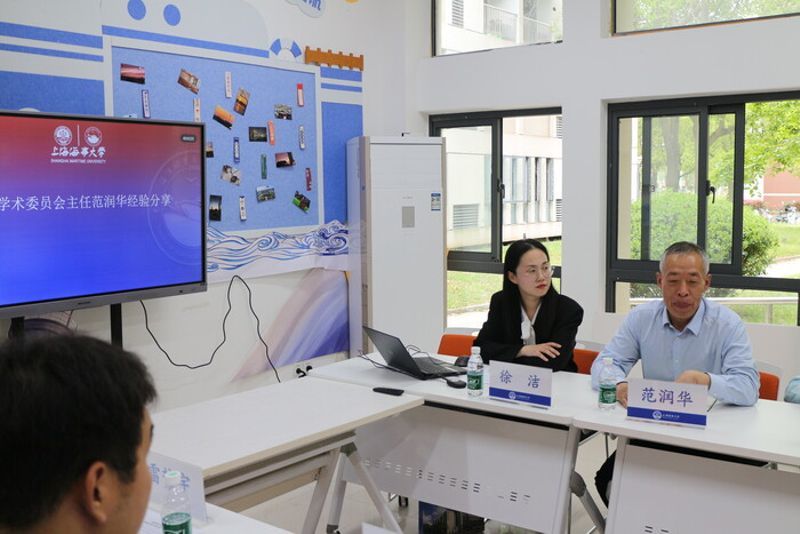
Figure 3 Fan Runhua, Director of the Academic Committee of the College, talked about the establishment and optimization of the mentoring relationship based on his work experience
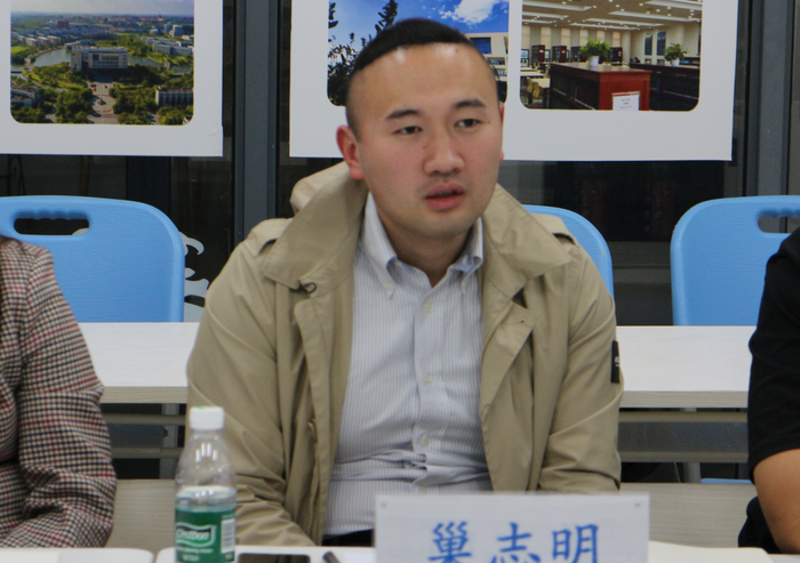
Figure 4 Teacher Chao Zhiming exchanged speeches
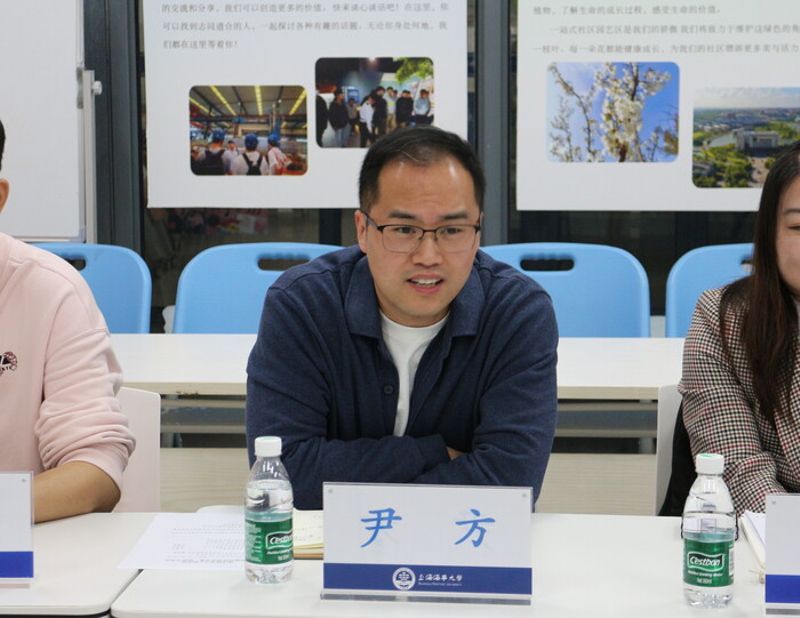
Figure 5 Teacher Yin Fang's exchange of speeches
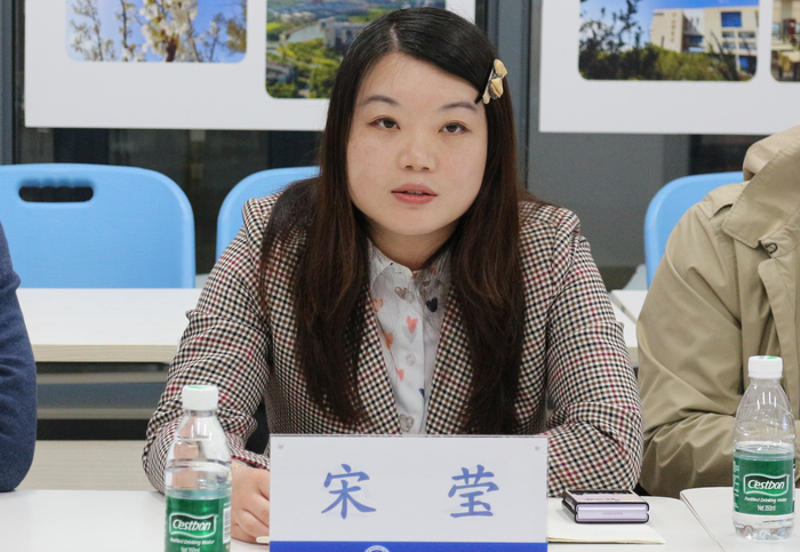
Figure 6 Teacher Song Ying exchanged speeches
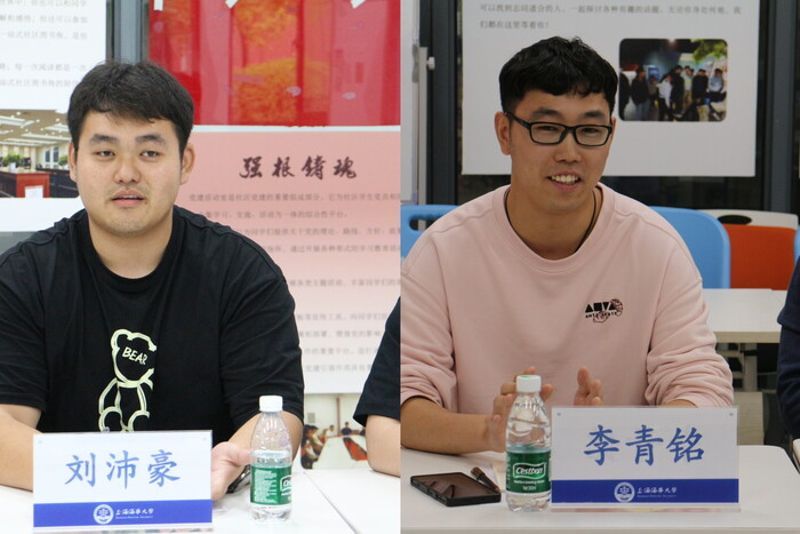
Figure 7 Student representatives exchange speeches
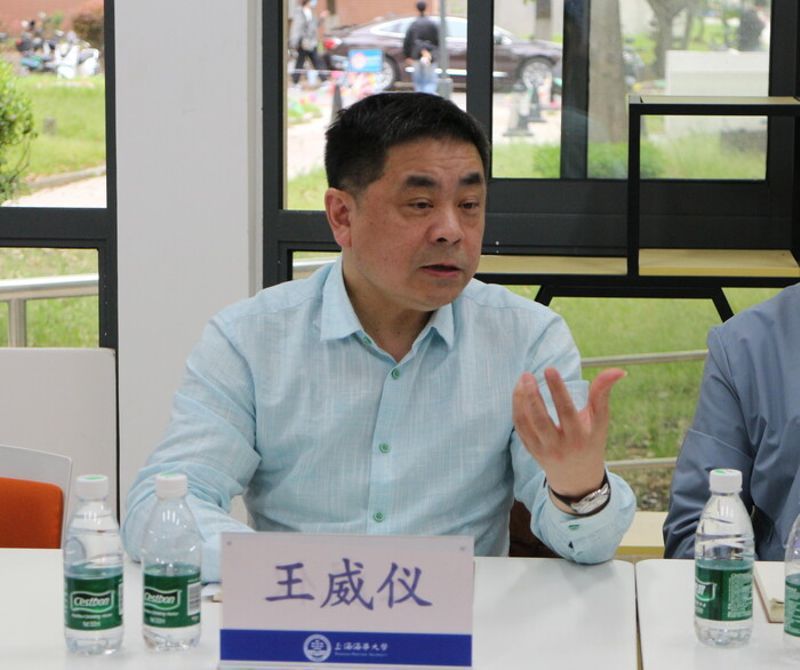
Figure 8 Wang Weiyi, Secretary of the Party Committee of the college, concluded his speech
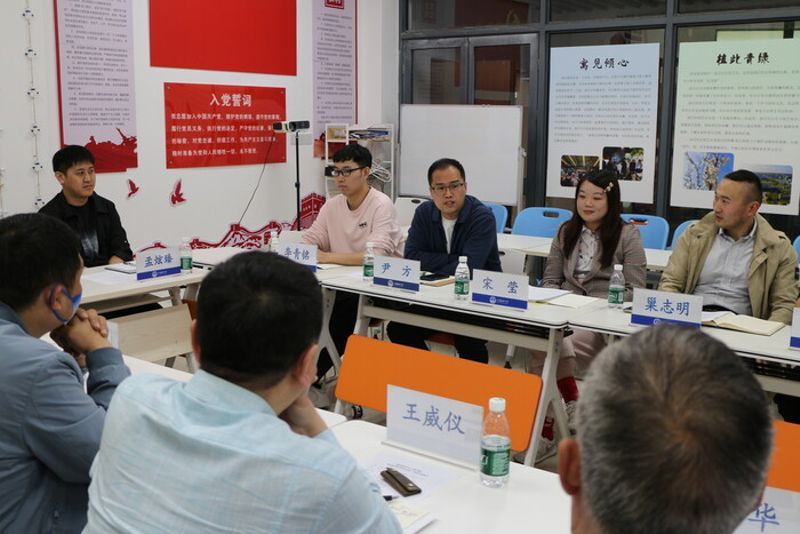
Figure 9 The scene of the meeting discussion
